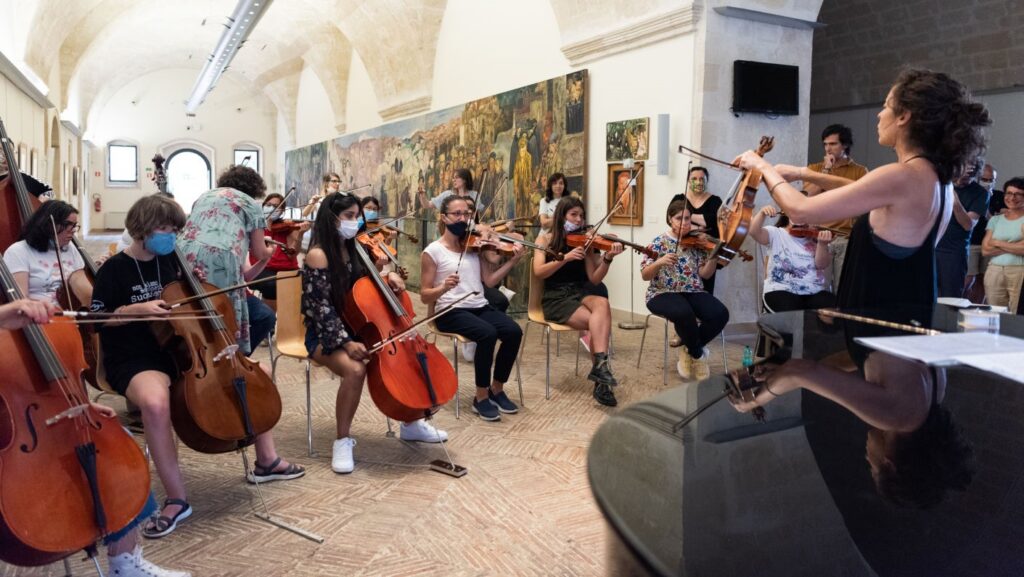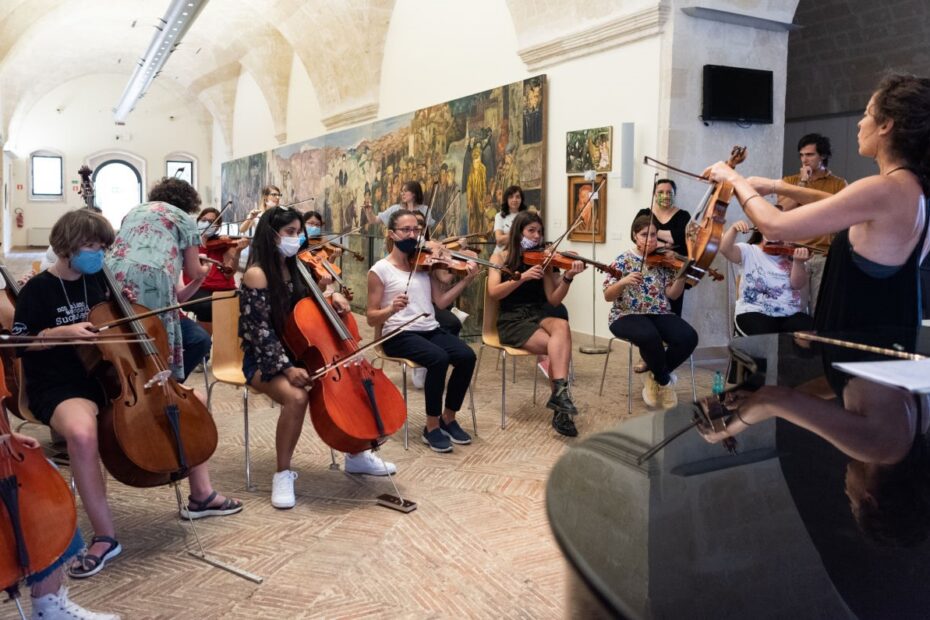In the last 3 years, starting from 2020 when the Covid pandemic broke out and dominated all over the world, the way how the world had functioned was forced to dramatically change. Gathering activities basically foster physical connections as the default purposes; however, the social distancing restrictions had stopped all these kinds of interactions. With that reason, many social and economic activities were adversely affected, including the art and culture sector which requires a high level of face-to-face contact.
Do you think that these industries were wiped out? To some extent, the answer is “YES”, because thousands of art organisations, museums, theatres, etc. were shut down owing to the financial shortage. However, there were still many new projects started or institutions successfully maintained to overcome this tough time. Why are there these differences? There might be various reasons to explain them but some common explanations can be listed down as the adaptive and innovative mindset, good problem-solving skills, etc. Take Carmen and the other extraordinary girls project as an excellent example of projects established amid the pandemic with innovative approaches.
What is Carmen and the other extraordinary girls?

This project was developed in 2021, as a part of Community Opera Women. It is also a two-year co-creation opera project aimed at girls who share a lot but differ in their social backgrounds: women from Southern Italy, where there is one of the lowest participation rates in Europe of women in social and economical life, female musicians with disabilities and migrants women, mostly under protection, from the North of Italy. These participants will collaborate to write and design together dramaturgy, music, costumes and sets. With that high quality art experience through a sharing narration, it was expected to help these women reinforce their identity, feel the sense of social cohesion and inclusion as well as improve their self-confidence and awareness.
Because of the pandemic context, the project team had some innovative ideas to operate online in order to connect the communities. What are they?
What are innovative initiatives of online activities applied?
In order to foster relationship building and team cohesion, the following remote activities were implemented:
- “Smart Stories”, over Zoom, in which co-creators introduced themselves to each other by showing photos on their mobile phone screens. The exercise was wordless, fostering the inclusion of those who struggled in Italian language.
- Personal emails from the lead artists in the production to the co-creators.
- “Mystery friend calls”, in which co-creators exchanged phone numbers and set times for them to call and get to know each other and share childhood musical influences alongside photos.
- Two thematic meetings, one with gender activist Isabella Borelli on sex, opera and the female body and another exploring Carmen through sign language.
- Facebook and WhatsApp
No matter how difficult the situation is, the key point is always how people react to it. Obstacles or problems are not merely bad, it is in fact assisting individuals and organisations to gain more experience to become stronger and mature. And the key is how they can create appropriate solutions for specific circumstances. To learn more about tools to develop solutions through ideation process, have a look at the project IDEA. The online platform where participants will find a learning and practical path to implement ideation techniques with opportunity for collaboration between participant traditional and creative SMEs is on the way to be launched soon.
FOLLOW US ON:
Website: https://ideaproject.erasmus.site/

 Polski
Polski Português
Português Español
Español Italiano
Italiano